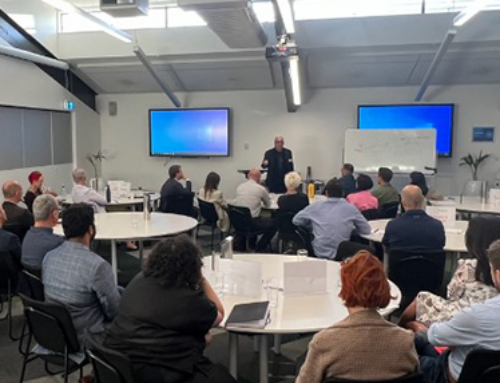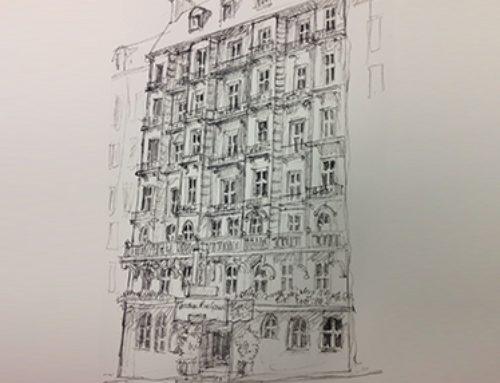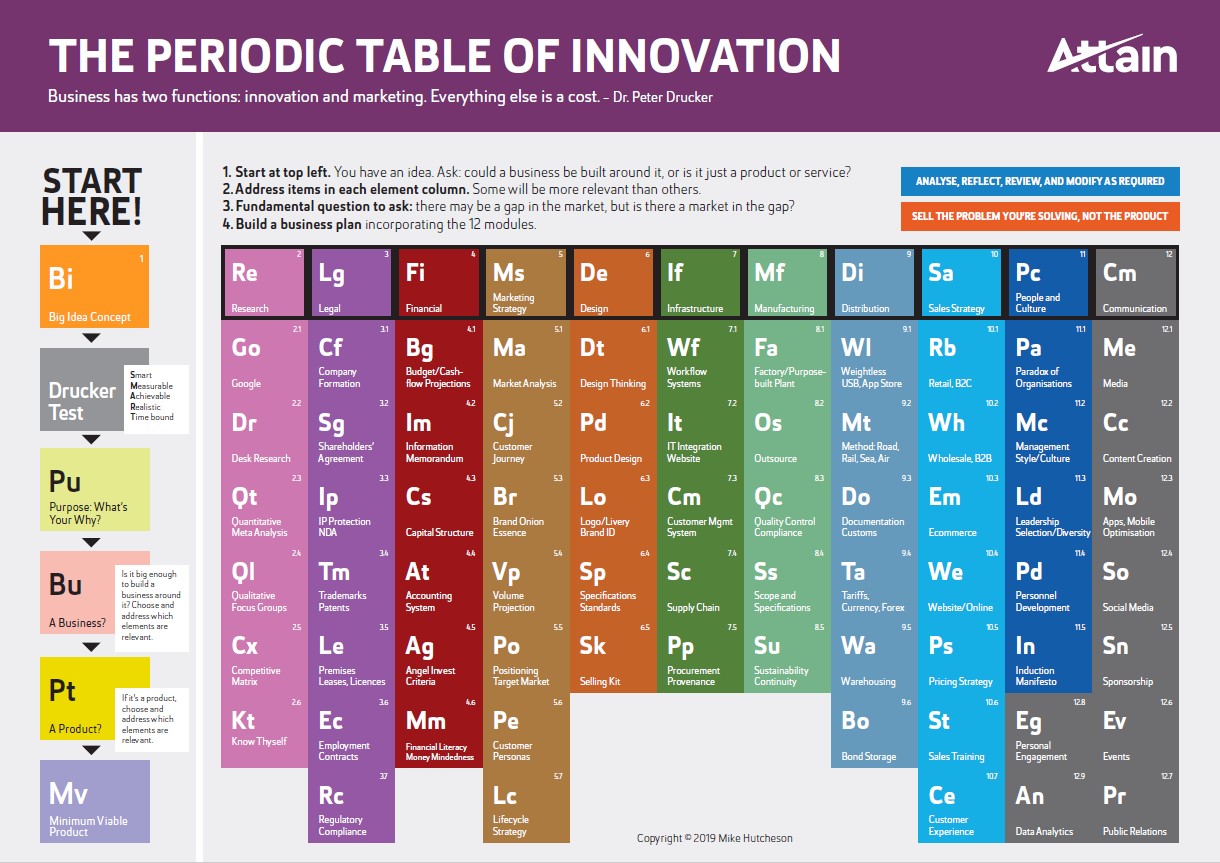I am an advocate for employment based on creativity and unconventional thinking in business.
Employment-equity based on gender or ethnicity is misguided virtue signalling.
I prefer the notion of equity based on neuro-diversity, regardless of chromosomal variations.
We need a mix of minds in business.
According to the World Economic Forum’s Future of Jobs Report (2023), critical thinking, analytical thinking, and creativity are the most vital skills today. In the next five years, approximately 44% of workers’ skills are expected to be disrupted, with the most significant job losses projected in administrative, record-keeping, and accounting roles.
Think back a few hundred years.
While Beethoven and his work are remembered, his banker is not.
This illustrates our current tendency to focus more on those who accumulate wealth rather than individuals who may leave behind creative contributions.
Fortunately history is kinder to those who leave a legacy.
To emphasize this point, try using a musical score or manuscript as collateral for a bank loan.
Bankers traditionally invest in tangible assets, such as real estate, and we’ve seen how this approach has had adverse effects on the global economy.
According to Jungian psychology, our world is dominated by sensing (non-intuitive) individuals, outnumbering intuitive individuals by nearly four to one. This dominance of non-intuitives perpetuates existing behaviour and limits our ability to explore new possibilities.
Because our culture is shaped by what we measure, unfortunately, we value short-term financial results over innovation and research.
The number of administrators far exceeds the number of innovators, and we focus more on measuring inputs and outputs rather than outcomes.
For instance, there are about 29,000 registered chartered accountants in New Zealand, each supported by an average of 2.5 clerical staff, totalling around 70,000 individuals.
In contrast, there are fewer than 1,000 people employed by advertising agencies. You may say that’s a good thing, but it means there are 70 times more people looking back than guiding us toward the future.
Our universities produce approximately 50 times more business/accounting graduates than creative graduates, further reinforcing the imbalance.
I want to address how right-brain, intuitive individuals can find their place in a left-brain, non-intuitive world. Sadly a career in investment banking appeals more to a bright 23-year-old university graduate than a precarious career in a creative industry.
Investment banking offers the potential to amass wealth through financial manipulation, while creativity often goes unpaid. The only consolation for those in a creative field is the opportunity to shape others’ thinking and potentially leave a lasting impact.
After all, who remembers Beethoven’s banker?
Employment-equity based on gender or ethnicity is misguided virtue signalling. Want a mix of minds in your business? Hit reply and talk to me about how we can build a brand that leaves a lasting impact.






